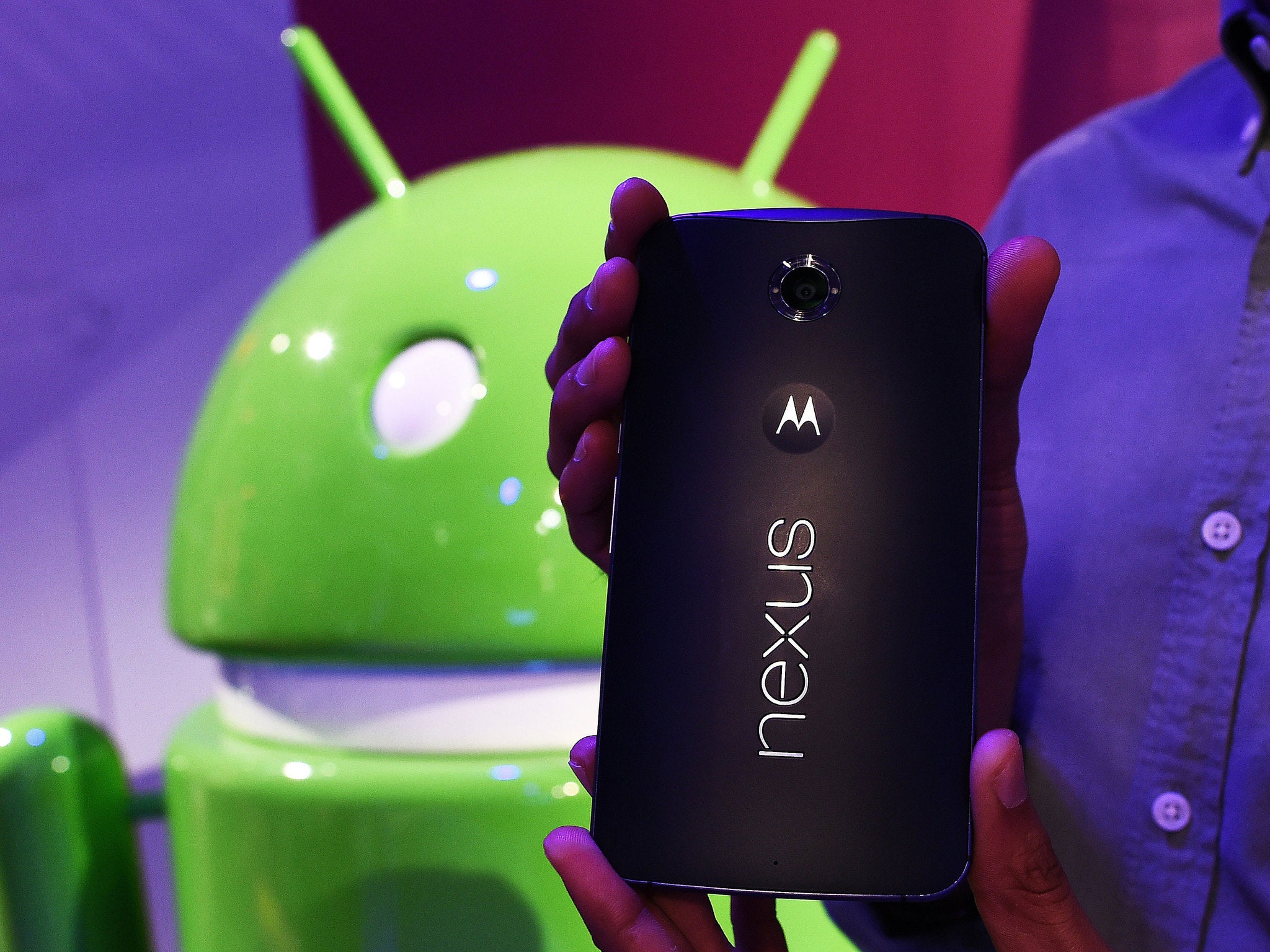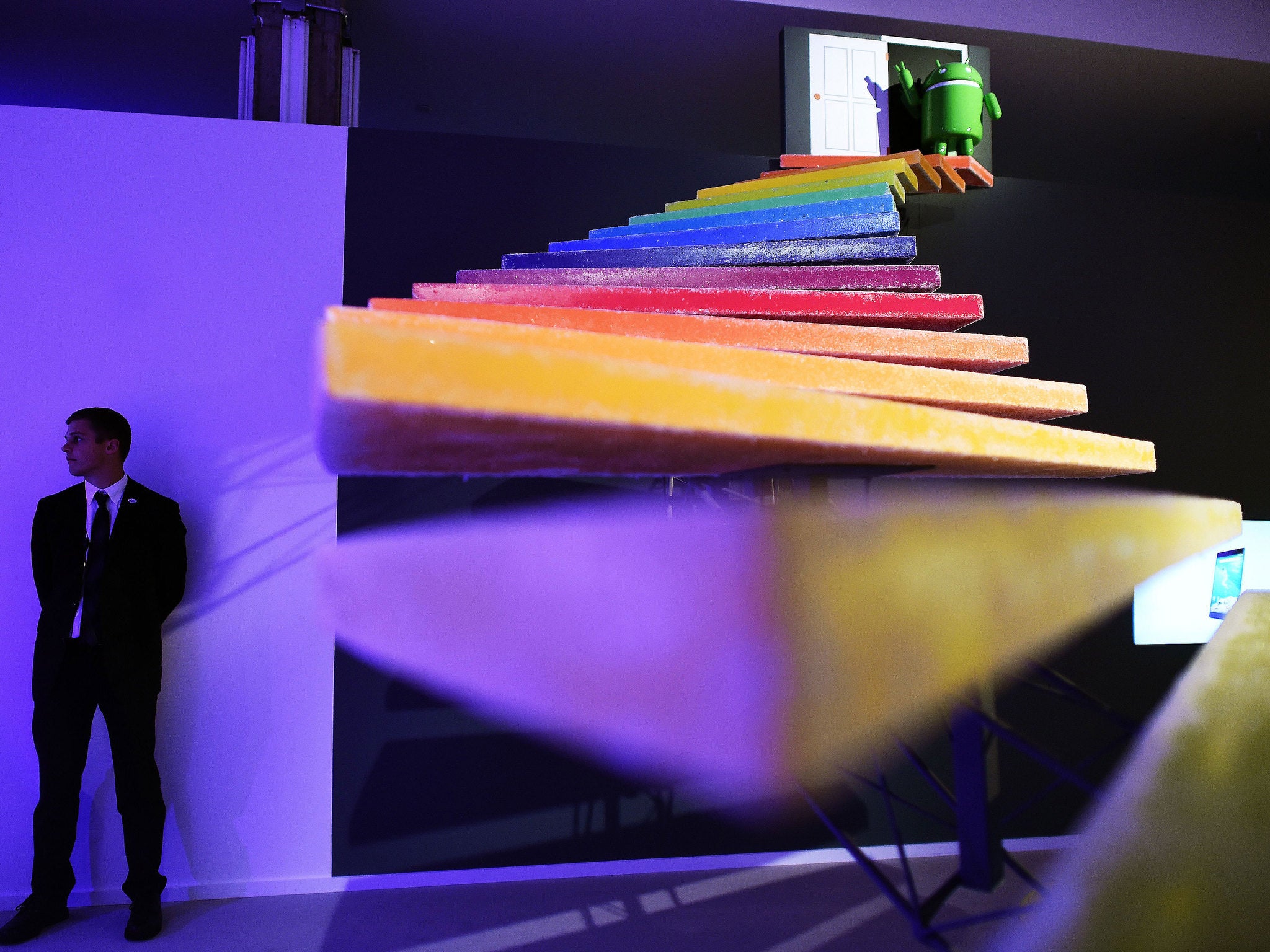Google's Android Lollipop crashes some early adopters' phones and tablets, but some fixes lessen pain
Google's own Nexus devices seem to be worst hit, and users recommend waiting to install

Your support helps us to tell the story
From reproductive rights to climate change to Big Tech, The Independent is on the ground when the story is developing. Whether it's investigating the financials of Elon Musk's pro-Trump PAC or producing our latest documentary, 'The A Word', which shines a light on the American women fighting for reproductive rights, we know how important it is to parse out the facts from the messaging.
At such a critical moment in US history, we need reporters on the ground. Your donation allows us to keep sending journalists to speak to both sides of the story.
The Independent is trusted by Americans across the entire political spectrum. And unlike many other quality news outlets, we choose not to lock Americans out of our reporting and analysis with paywalls. We believe quality journalism should be available to everyone, paid for by those who can afford it.
Your support makes all the difference.Android’s new Lollipop operating system is causing many of the devices that it is installed on to crash and slow down. Many of those that have downloaded the update have warned others to wait to do so, though some settings seem to fix the problems.
The new operating system has attracted positive reviews but stunts the performance of some older and less powerful devices, according to users.
Users recommending turning off some of the more advanced features of the operating system — such as Google Now, transitions and limiting background apps, all of which can be done through the phone’s system settings — to reduce the effect of the crashes.
Much of the update is focused on changes to the look of the operating system, including the addition of Google’s new ‘Material Theme’ look, and users complained that the visual effects were slowing down older and less powerful devices.
Android phones typically update at different times, because networks and phone manufacturers have to approve the update first. But Google gives owners of its phone and tablet range, Nexus, the opportunity to install the software directly onto the phone, rather than waiting for it to update over the air.
Users took to the Google forums over the last week to complain that when the update was loaded onto tablets and phones including Google’s Nexus 7, released in 2013, the new operating system slowed the device down.
“Once the device was up and running, I noticed that just browsing through the apps installed in my tablet and going through the new settings made it hot,” said one user, Viraniac, who reported the problem early. “The whole tablet experience is ruined.
"I have seen the videos for nexus 9 where the Lollipop was performing well, but personally I feel that lollipop is too much focused on graphical effects that it can no longer be used smoothly in older devices.”
Others took to Twitter to discourage other users from downloading the update.
“I like the look, but can't recommend Lollipop on Nexus 7,” said one Twitter user, Timothy Lord. “Some apps crash, some weird black-outs, and (odd!) charges much more slowly now.”
Other manufacturers including Motorola and LG have also released the update to customers, with some reporting similar results.
Those manufacturers released the app quicker than normal — with the update arriving very soon after the Nexus one, cutting out the normal delay.
“Anyone on Android should avoid downloading Android 5.0 Lollipop,” wrote another Twitter user. “It's awful and makes your phone crash all the time.”

Others took to Twitter to discourage other users from downloading the update.
“I like the look, but can't recommend Lollipop on Nexus 7,” said one Twitter user, Timothy Lord. “Some apps crash, some weird black-outs, and (odd!) charges much more slowly now.”
Other manufacturers including Motorola and LG have also released the update to customers, with some reporting similar results. Those manufacturers released the app quicker than normal — with the update arriving very soon after the Nexus one, cutting out the normal delay.
“Anyone on Android should avoid downloading Android 5.0 Lollipop,” wrote another Twitter user. “It's awful and makes your phone crash all the time.”
Join our commenting forum
Join thought-provoking conversations, follow other Independent readers and see their replies
Comments